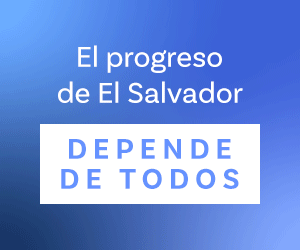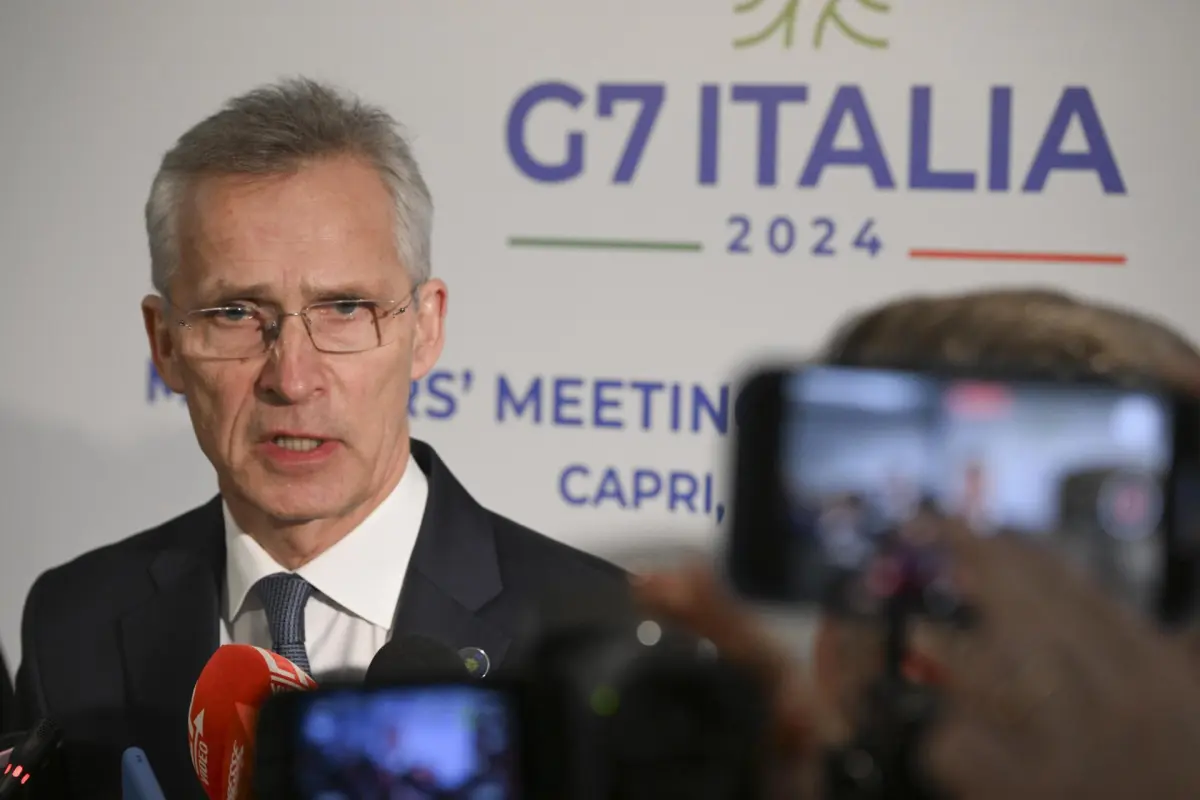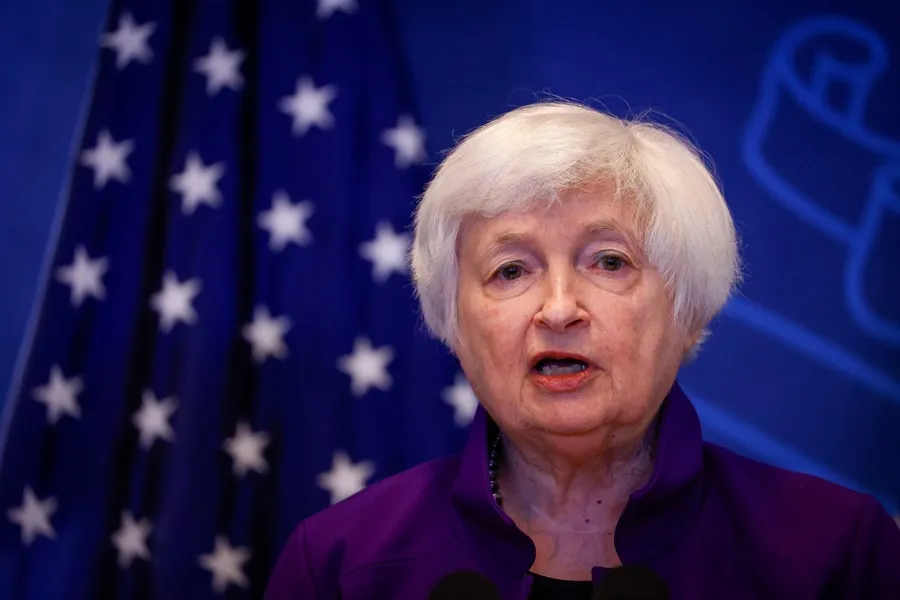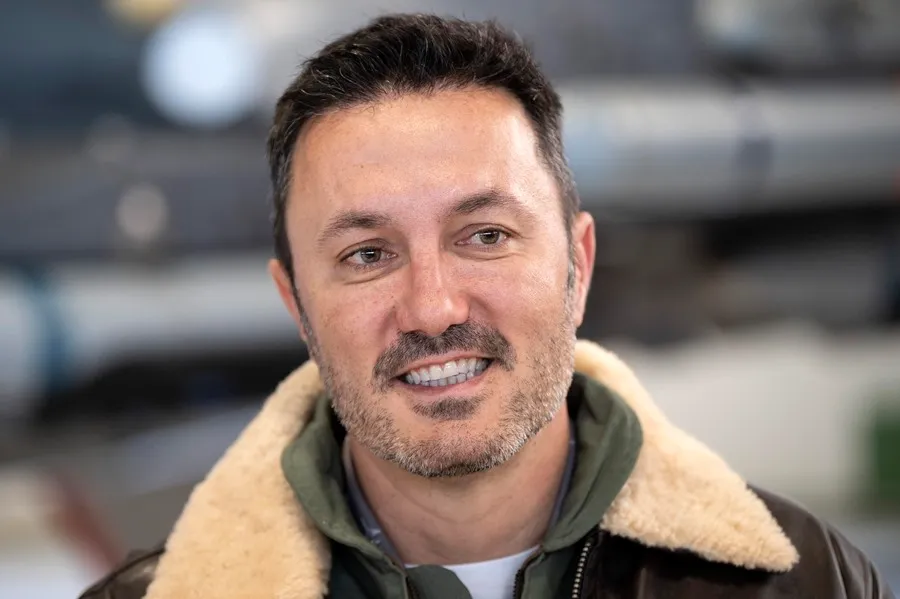International
New clashes in violence-hit Ecuador prison: officials
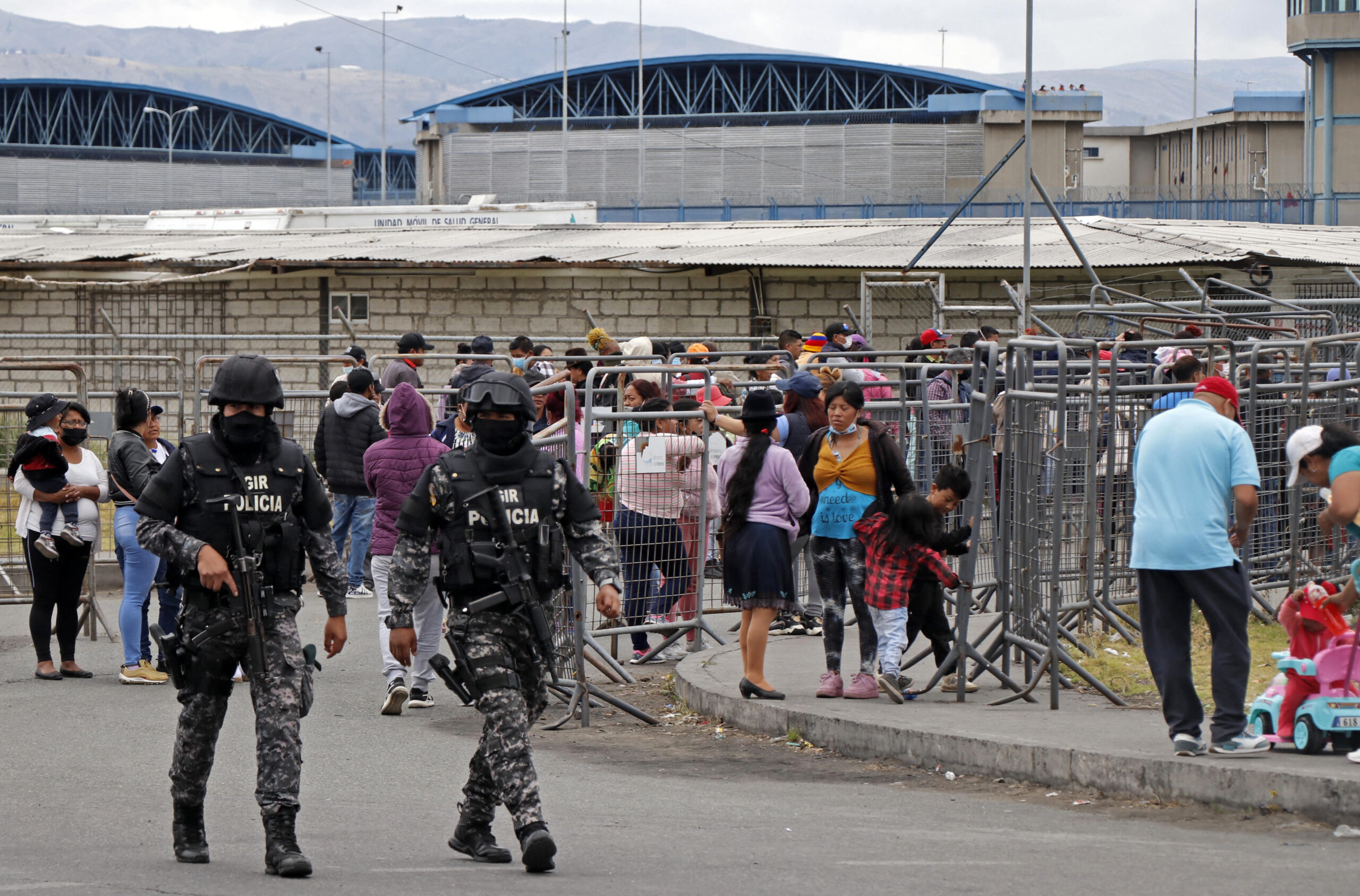
International
Stoltenberg calls on the NATO bloc to “urgently” offer anti-aircraft systems to Ukraine
International
The US announces new sanctions against Iran for the attack on Israel
International
Argentina asks to be a “global partner” of NATO
-
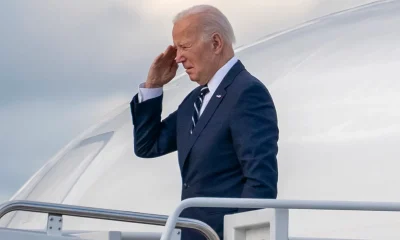
 International5 days ago
International5 days agoBiden emphasizes that US support for Israel against Iran is “steal”
-
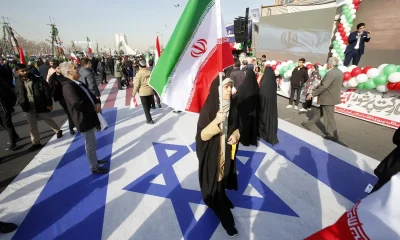
 International5 days ago
International5 days agoWhere does the tension between Israel and Iran that has the world in stires?
-
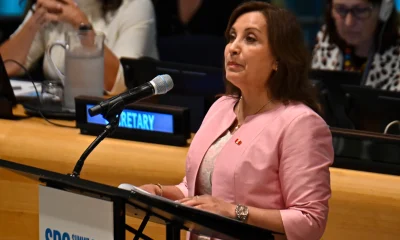
 International5 days ago
International5 days agoThe cessation of the policeman who raided the house of Peruvian president Dina Boluarte was a violation, says her lawyer
-
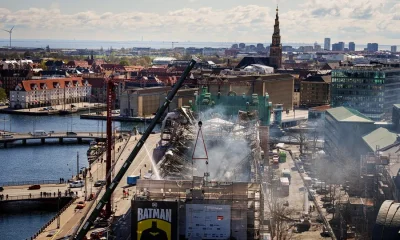
 International3 days ago
International3 days agoThe investigation of the cause of the fire in the Copenhagen stock exchange could take months
-
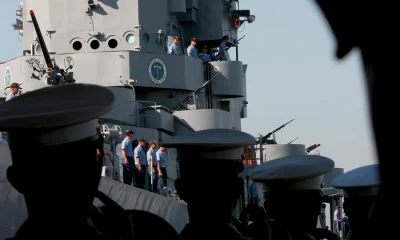
 International3 days ago
International3 days agoThe Philippines and the United States will simulate the capture of an island in their next military exercises and in full tension with China
-
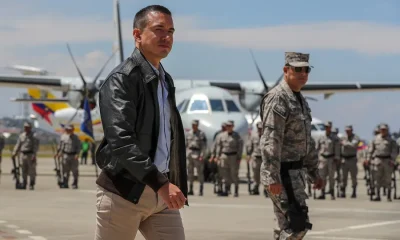
 International4 days ago
International4 days agoThe president of Ecuador denounces “sabotage” and calls for investigation for power cuts
-
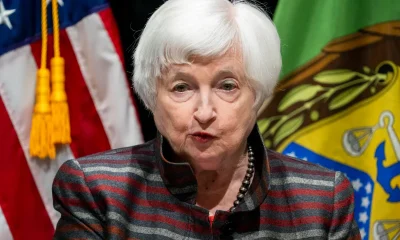
 International4 days ago
International4 days agoThe United States and its allies will sanction Iran “in the coming days” for the attack on Israel
-
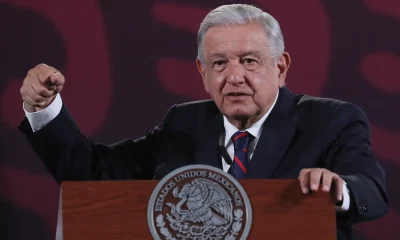
 International4 days ago
International4 days agoThe president of Mexico asks Celac to join in his complaint before the ICJ against Ecuador
-

 International3 days ago
International3 days agoLópez Obrador says that “all” Celac’s countries support Mexico in crisis with Ecuador
-

 International4 days ago
International4 days agoNicolás Maduro announces the closure of the Venezuelan Embassy and consulates in Ecuador
-
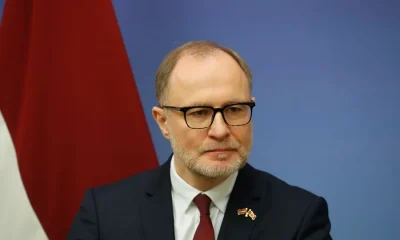
 International4 days ago
International4 days agoLatvia will introduce mandatory national defense classes in all institutes
-
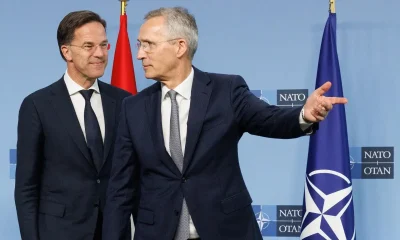
 International3 days ago
International3 days agoStoltenberg asks the allies to prioritize the shipment of weapons to Ukraine over self-defense
-
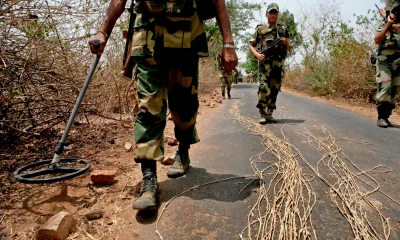
 International4 days ago
International4 days agoAt least 29 Maoists killed in a confrontation in central India before the elections
-
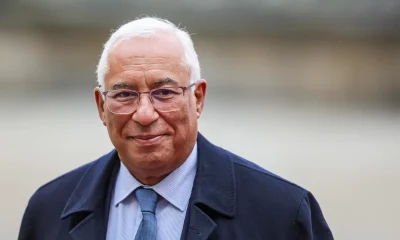
 International3 days ago
International3 days agoNo signs of influence peddling in the case that made António Costa resign in Portugal
-
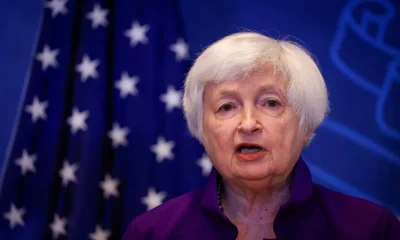
 International10 hours ago
International10 hours agoThe US announces new sanctions against Iran for the attack on Israel
-
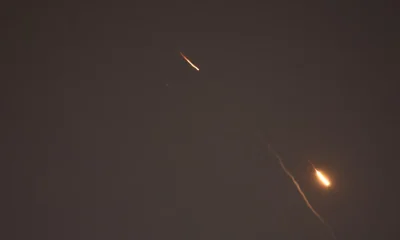
 International5 days ago
International5 days agoIran’s drones and missiles pass through the Middle East, where they monitor the growing tension
-
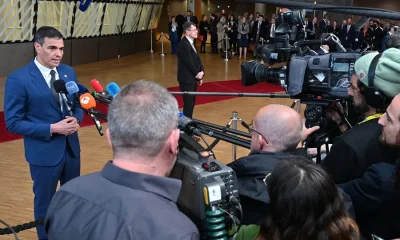
 International10 hours ago
International10 hours agoSpain will recognize Palestine as a State in a few weeks even if other countries do not follow it
-

 Central America10 hours ago
Central America10 hours agoGuatemala’s anti-corruption commissioner, Santiago Palomo, says that the State is in a “critical” condition
-

 International10 hours ago
International10 hours agoArgentina asks to be a “global partner” of NATO
-
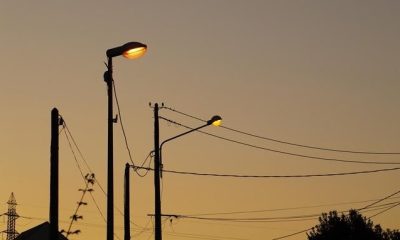
 International1 day ago
International1 day agoUp to 13 hours of power cuts in Ecuador due to severe drought
-

 Centroamérica1 day ago
Centroamérica1 day agoSalvadoran woman decides to return to the country to live in an environment of peace and tranquility
-
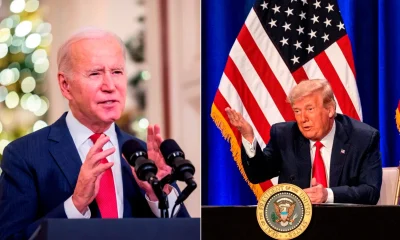
 International5 days ago
International5 days agoBiden almost ties with Trump in the presidential elections, according to a survey by The New York Times
-
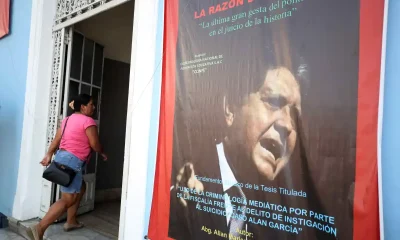
 International10 hours ago
International10 hours agoThe figure of Alan García is blurred in Peruvian politics five years after his death
-
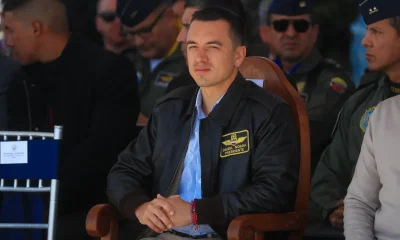
 International3 days ago
International3 days agoThe Presidency of Ecuador tells the former minister to allegedly hide the energy crisis
-
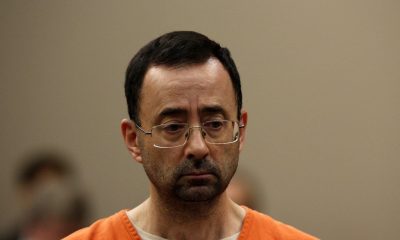
 International1 day ago
International1 day agoU.S. Department of Justice. The United States will have to pay $100 million to the victims of Larry Nassar
-
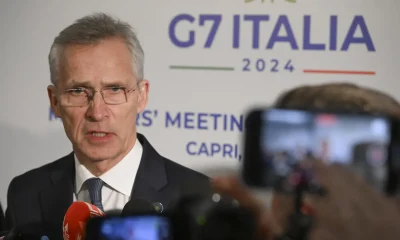
 International10 hours ago
International10 hours agoStoltenberg calls on the NATO bloc to “urgently” offer anti-aircraft systems to Ukraine
-
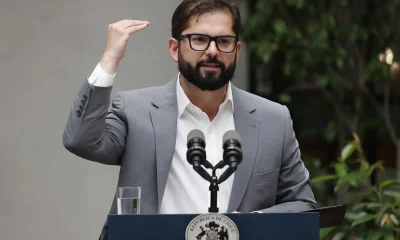
 International3 days ago
International3 days agoChile delivers protest note to Argentina for statements about the presence of Hezbollah
-

 International3 days ago
International3 days agoLula and Petro meet in Colombia’s presidential palace with the environment in the background
-
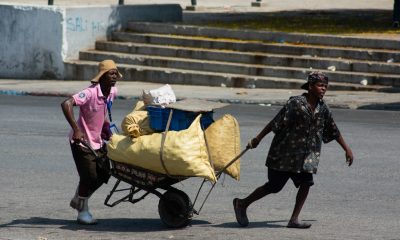
 International1 day ago
International1 day agoThe United States deported 52 migrants to Haiti
-
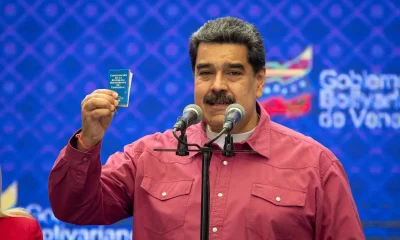
 International5 days ago
International5 days agoMaduro proposes to reform the Constitution of Venezuela to include life imprisonment against corrupt people
-
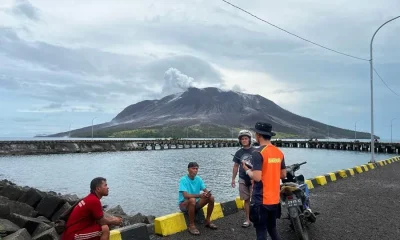
 Internacionales10 hours ago
Internacionales10 hours agoIndonesia warns of a potential tsunami following the eruptions of the Ruang volcano
-
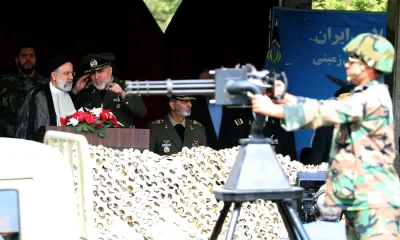
 International10 hours ago
International10 hours agoIran warns that it could review the civilian use of its nuclear doctrine for Israeli threats











